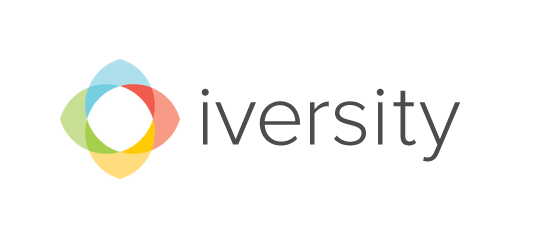

What roles do citizenship and participation play in integration?

Photo: © Panos Georgiou
Tell us: What roles do citizenship and participation play in integration?
In Chapter 4, we've taken a look at some of the more tangible parts of the journey from 'foreigner' to citizen: naturalization, participation, and which policies and attitudes matter towards making someone feel as though they belong. We imagine that many of you have personal experiences with these topics or opinions on how they should be handled for those coming to your countries. We'd love for you to share them with the 'Us' & 'Them' course community here!
Here are some guiding questions to draw from:
- How do you define 'diversity' and how did you 'learn it' (or how do you think you still need to learn it?)
- What types of major divides or cleavages do you most see in your society? Are these along the lines of immigrant vs. native or other groups?
- How easy or hard do you think it should be for immigrants or refugees to gain citizenship of their new country? Do you think people should be able to maintain dual citizenship or do you see this as problematic for integration?
- What is one thing that you find especially important to feeling like you belong to your society (or what do you think it would be if you moved to a new place)?
Now what?
Click 'Start in Journal', and fill out the entry. How you do this is up to you: You can use just words, or add pictures or links to articles or videos to highlight your point!
Is this journal assignment required?
No! Nothing in our course is 'required', and there are no grades, but we encourage you to reflect on these topics and share if you feel comfortable, so that others in the course can benefit from your experiences.
Citizenship and Participation
It's tough to define "diversity", but to me it means being part of a society where you interact daily with a wide variety of people - of different ethnic backgrounds, cultures, religions, sexual orientation, etc - and it simply isn't out of the ordinary. I feel the only way to really "learn it" is to live it, to be honest. I come from Argentina, where most of the population is descended from Spanish or Italian immigrants who came in the early 1900s. Because of this, we actually have very little diversity as a country, and minor differences usually stand out (not to mention the fact that the average Argentine identifies more with a kind of "Europeanness" than with the rest of Latin America). In recent years, we've had more immigration from places like Bolivia and Peru, which has lead to a rise in xenophobic attitudes, sadly. Even in a country made up of immigrants, the "native vs. immigrant' division exists.
In my case, I think I "learned" diversity from a combination of things: education (my parents/school), travel to different places from a young age, and particularly spending my college years in the US.
The citizenship discussion is a complex one: as a practical issue, it seems to me that a fairly straightforward path to citizenship is a practical solution to a lot of integration problems. I think when it comes to dual citizenship, in this day and age one also has to keep security concerns in mind, sadly: as a general rule, it's totally fine, but perhaps there should be a way to prevent citizens from some conflict zones - particularly terrorist hotspots - from holding dual citizenship, at least for a time.
